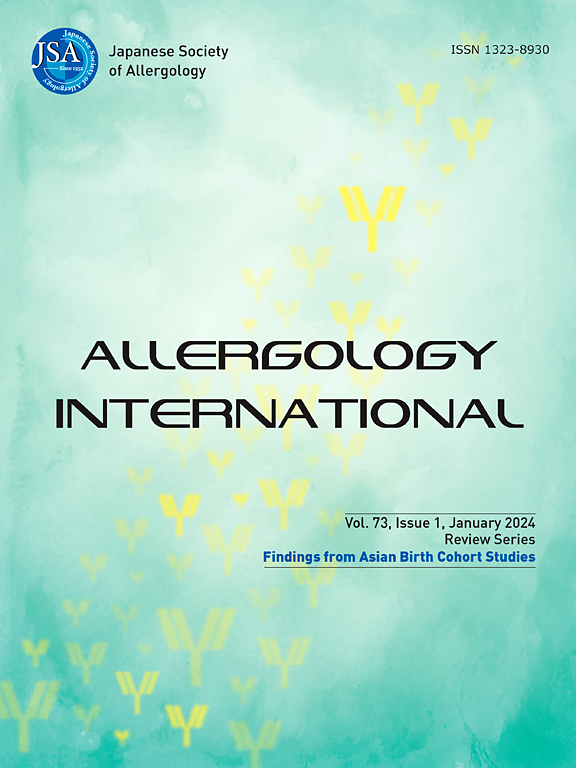临床数据分析中的人工智能:大型语言模型、基础模型、数字双胞胎和过敏应用综述。
IF 6.7
2区 医学
Q1 ALLERGY
引用次数: 0
摘要
最近计算技术的进步和数据利用环境的发展迅速加速了人工智能在临床研究和医疗保健中的应用。本文综述了当前用于分析临床数据的机器学习技术的全面概述,并提供了过敏性疾病领域的说明性示例。除了传统的临床数据分析方法外,我们还讨论了新兴的方法,包括医学图像分析和电子健康记录数据的时间序列建模。最近的发展,如大型语言模型和基础模型训练的大规模数据集也进行了讨论。展望未来,我们将探索分析方法的未来方向,包括数学建模、可解释的人工智能和集成各种数据类型的多模态学习。我们还介绍了数字孪生的概念——模拟疾病进展和治疗反应的单个患者的虚拟表示——作为推进精准医学的一个有前途的概念。最后,我们讨论了医生在机器学习工具的开发和实施中的重要作用,并讨论了诸如公平、隐私和患者自主权等新兴伦理问题。通过综合近期与临床相关的技术进展,本综述旨在为临床医生和研究人员提供实用和前瞻性的临床医学机器学习指南,包括其在过敏领域的日益增长的应用。本文章由计算机程序翻译,如有差异,请以英文原文为准。
Artificial intelligence in clinical data analysis: A review of large language models, foundation models, digital twins, and allergy applications
Recent advances in computing technology and the development of data utilization environments have rapidly accelerated the application of artificial intelligence in clinical research and healthcare. This review provides a comprehensive overview of current machine learning techniques for analyzing clinical data, with illustrative examples from the field of allergic diseases. In addition to conventional methods for clinical data analysis, we discuss emerging approaches including medical image analysis and time-series modeling of electronic health record data. Recent developments such as large language models and foundation models trained on massive datasets are also discussed. Looking ahead, we explore future directions in analytical methodology, including mathematical modeling, interpretable artificial intelligence, and multimodal learning that integrates various data types. We also introduce the concept of the digital twin—a virtual representation of an individual patient that simulates disease progression and treatment response—as a promising concept for advancing precision medicine. Finally, we discuss the essential role of physicians in the development and implementation of machine learning tools and discuss emerging ethical issues such as fairness, privacy, and patient autonomy. By synthesizing recent technical advances with clinical relevance, this review aims to provide clinicians and researchers with a practical and forward-looking guide to machine learning in clinical medicine, including its growing application in the field of allergy.
求助全文
通过发布文献求助,成功后即可免费获取论文全文。
去求助
来源期刊

Allergology International
ALLERGY-IMMUNOLOGY
CiteScore
12.60
自引率
5.90%
发文量
96
审稿时长
29 weeks
期刊介绍:
Allergology International is the official journal of the Japanese Society of Allergology and publishes original papers dealing with the etiology, diagnosis and treatment of allergic and related diseases. Papers may include the study of methods of controlling allergic reactions, human and animal models of hypersensitivity and other aspects of basic and applied clinical allergy in its broadest sense.
The Journal aims to encourage the international exchange of results and encourages authors from all countries to submit papers in the following three categories: Original Articles, Review Articles, and Letters to the Editor.
 求助内容:
求助内容: 应助结果提醒方式:
应助结果提醒方式:


